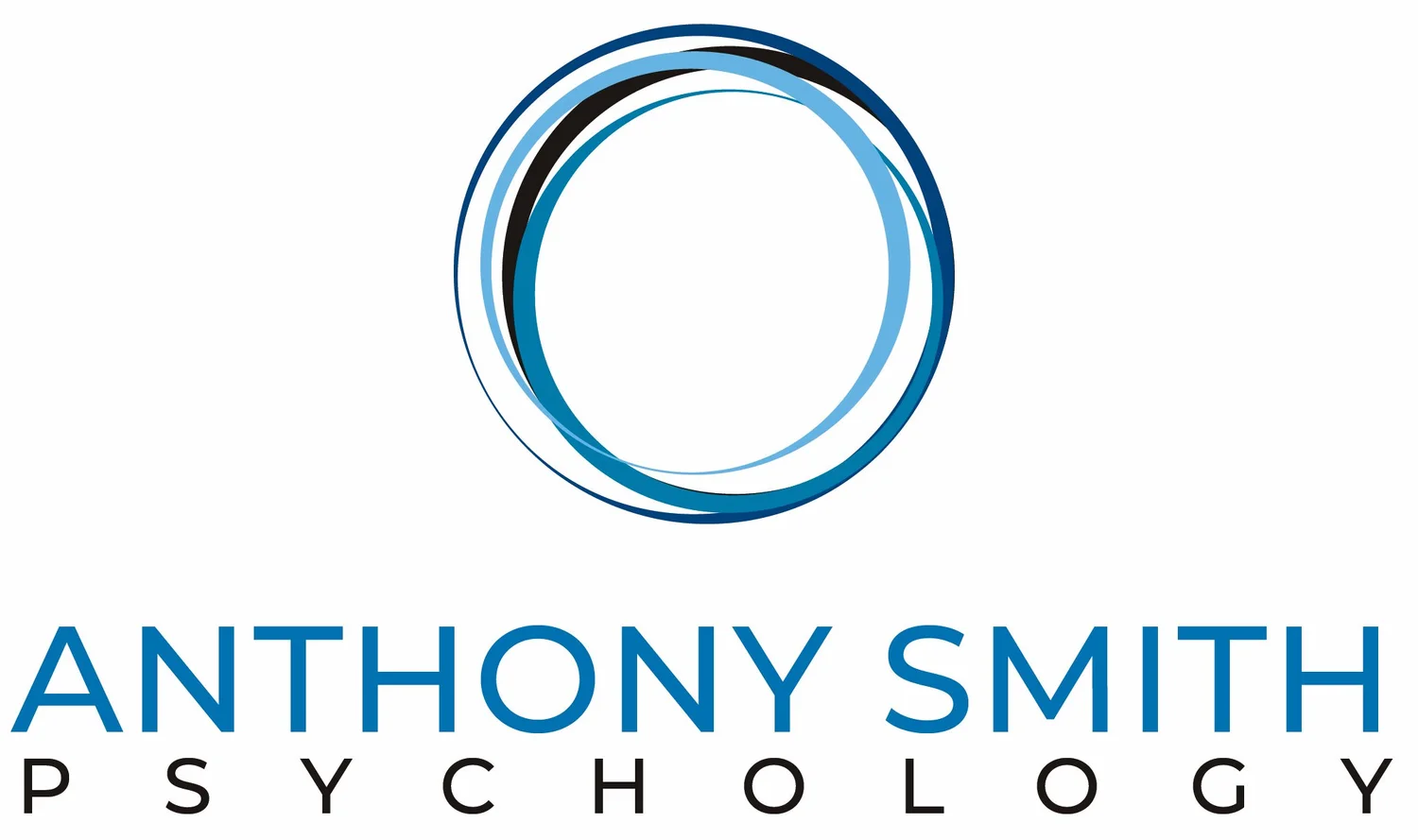Assessment Services
Attention-Deficit/Hyperactivity Disorder (ADHD) Assessments
Attention-Deficit/Hyperactivity Disorder (ADHD) is a neurodevelopmental condition that can affect concentration, organisation, impulse control, and emotional regulation. Many people seek an assessment in childhood, adolescence, or adulthood to gain a clearer understanding of their strengths and challenges and to access appropriate supports.
ADHD assessments are available for children, adolescents, and adults. The aim of assessment is to explore whether the individual meets the diagnostic criteria for ADHD, as outlined in the Diagnostic and Statistical Manual of Mental Disorders (DSM-5-TR), and to provide tailored recommendations for support and management.
The assessment process typically includes:
A comprehensive clinical interview exploring developmental, educational, and behavioural history
Standardised questionnaires and rating scales completed by the individual and, where appropriate, parents, teachers, or significant others
Objective testing using the Test of Variables of Attention (TOVA) to measure sustained attention
Cognitive and attention testing assessing areas such as working memory, processing speed, and executive functioning, if required
A detailed written report summarising findings and offering evidence-based recommendations for supports, strategies, or referral to other health professionals if indicated.
An ADHD assessment can help clarify whether difficulties with focus, restlessness, or impulsivity are consistent with ADHD or related to other factors such as anxiety, stress, or learning differences. Understanding these factors can assist in planning practical and effective supports across education, work, and daily life.
Autism Spectrum Disorder (ASD) Assessments
Autism Spectrum Disorder (ASD) is a lifelong neurodevelopmental condition that affects how a person communicates, interacts, and experiences the world around them. Many individuals seek an assessment in adulthood or for their child to gain a clearer understanding of their strengths, challenges, and support needs.
ASD assessments are available for children, adolescents, and adults.
Assessments are conducted using recognised, evidence-based tools and clinical interviews to gather information about developmental history, communication, social interaction, sensory experiences, and daily functioning. The process may include:
A clinical interview with the individual (and parents or caregivers where relevant).
Standardised assessment tools measuring communication, social understanding, and adaptive behaviour.
Collateral information from family members, teachers, or support workers.
A comprehensive written report summarising findings and recommendations for support, therapy, or further referral if required.
ASD assessments can help individuals and families better understand behavioural patterns, learning styles, and emotional needs. This information can be used to guide educational, workplace, or therapeutic supports or assist in gaining access to other supports, such as the NDIS.
Cognitive Assessments
Cognitive assessments provide a detailed understanding of an individual’s thinking and learning abilities. They can help identify areas of cognitive strength and difficulty across domains such as reasoning, memory, attention, and processing speed.
Assessments are suitable for children, adolescents, and adults and are commonly used to assist with educational planning, workplace adjustments, NDIS applications, or diagnostic clarification for conditions such as intellectual disability, ADHD, or learning disorders.
Each assessment typically includes:
A clinical interview to understand developmental, educational, and social history
Administration of a standardised cognitive assessment
Optional adaptive functioning assessment where relevant
A comprehensive written report outlining results, interpretation, and evidence-based recommendations.
